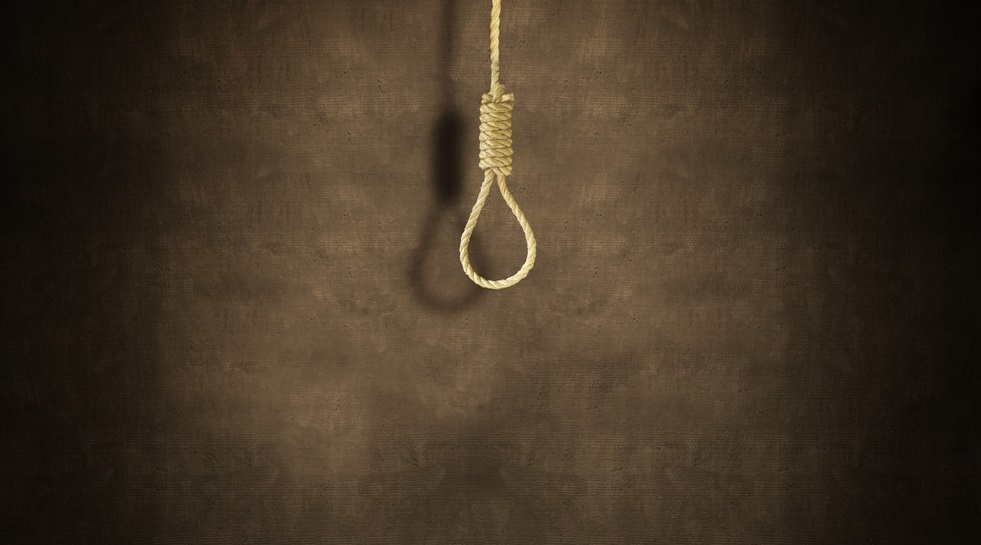In a heartfelt plea for compassion and respect, Angelia Pranthaman, the founder and president of Sebaran Kasih, a non-governmental organization (NGO) working with marginalized communities, has spoken out against the impending execution of Saridewi Djamani in Singapore. Saridewi Djamani, a woman sentenced to the mandatory death penalty in 2018 for trafficking 30 grams of diamorphine, is scheduled to be executed on Friday, July 28.

The news of the execution has left many shocked and saddened, with Angelia Pranthaman expressing her disappointment in the Singaporean authorities’ decision to proceed with the execution. She believes that history has shown people can change, and instead of resorting to the death penalty, the focus should shift towards rehabilitation and providing opportunities for growth and redemption.
“Executing a woman is a terrible step backward in today’s day and age,” said Angelia. “Any state that executes women should not pride itself on standing with women or celebrating International Women’s Day. A state that has no compassion.”
In the recent history of Singapore, the last woman to face the gallows was Yen May Woen, a 36-year-old hairdresser, who was hanged in 2004 on charges of drug trafficking. Her execution serves as a poignant reminder of the gravity of the situation faced by Saridewi Djamani, who now finds herself in a similar predicament.
Drawing attention to the severity of the punishment, Angelia highlighted that 30 grams of diamorphine, the substance for which Saridewi Djamani was convicted, is equivalent to just a 3-in-1 sachet of Milo or instant coffee, a small quantity that should not cost a life.
The need for humane approaches to capital punishment
The risk of wrongful convictions is another concern raised by Angelia Pranthaman, citing a report by the Asian Anti-Death Penalty Network (ADPAN) and Amnesty International. Flawed investigations, biased judgments, and coerced confessions can lead to the execution of innocent individuals, a tragedy that is irreversible.
“Instead of executing women, addressing the root causes and providing rehabilitation programs can offer a path to a better life,” urged Angelia.

The call to abolish the death penalty for women also holds implications beyond Singapore’s borders. Across the globe, attitudes toward capital punishment are evolving, with many countries either abolishing or placing a moratorium on executions in recognition of the need for more humane and compassionate approaches to criminal justice.
“This news is overwhelming and distressing,” said Angelia. “We request more organizations to support and participate in this discussion because it is crucial to take action against this repeated cruelty of the state.”
Non NGO, Sebaran Kasih, is urging the United Nations Office on Drugs and Crime (UNOCD) and the International Narcotics Control Board (INCB) to advocate for a world free of executions, focusing on compassion, pursuing justice, and upholding human rights.
In a world striving for progress and equality, it is time for united action against the execution of women and a step towards valuing and respecting every life.











